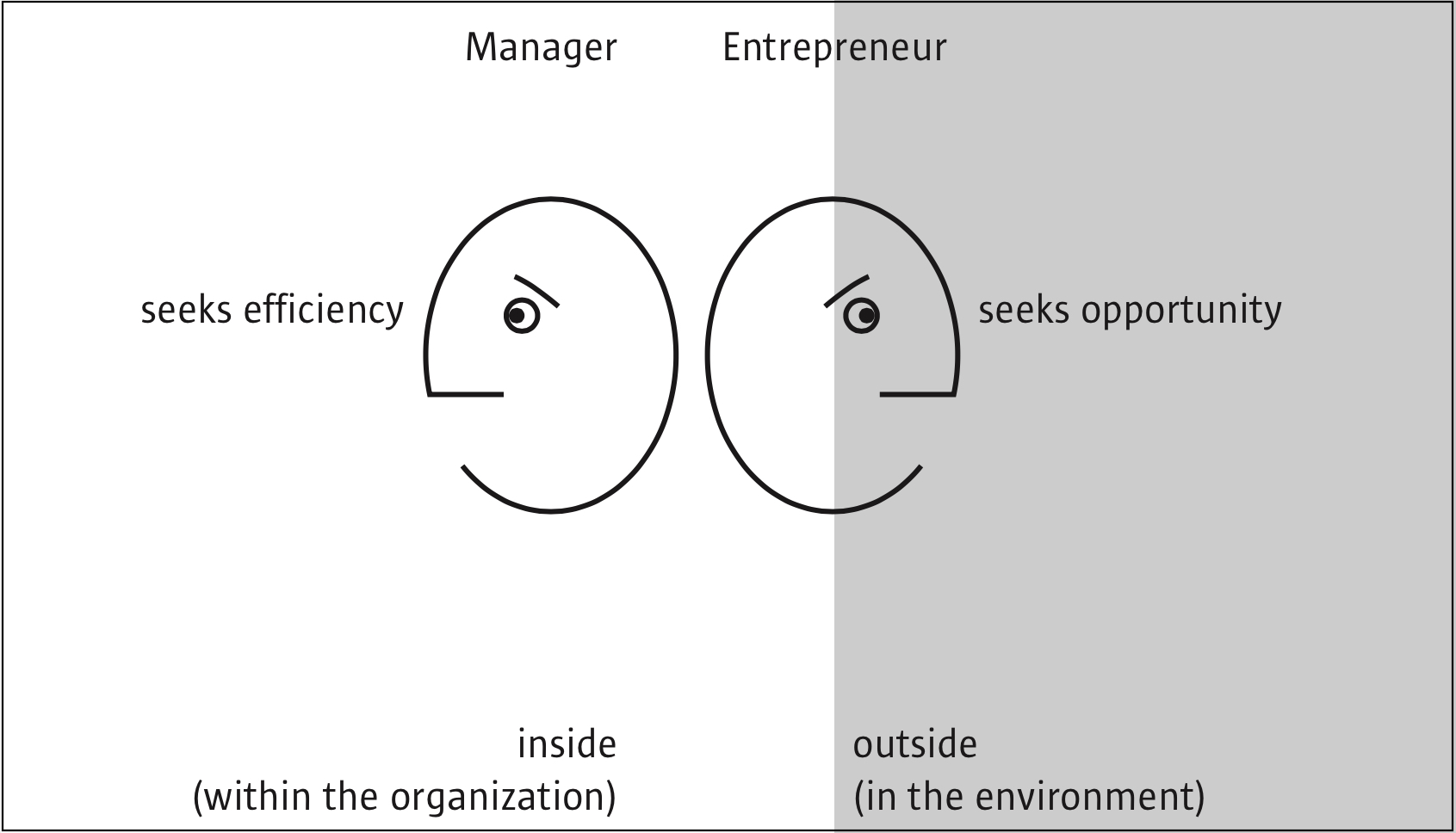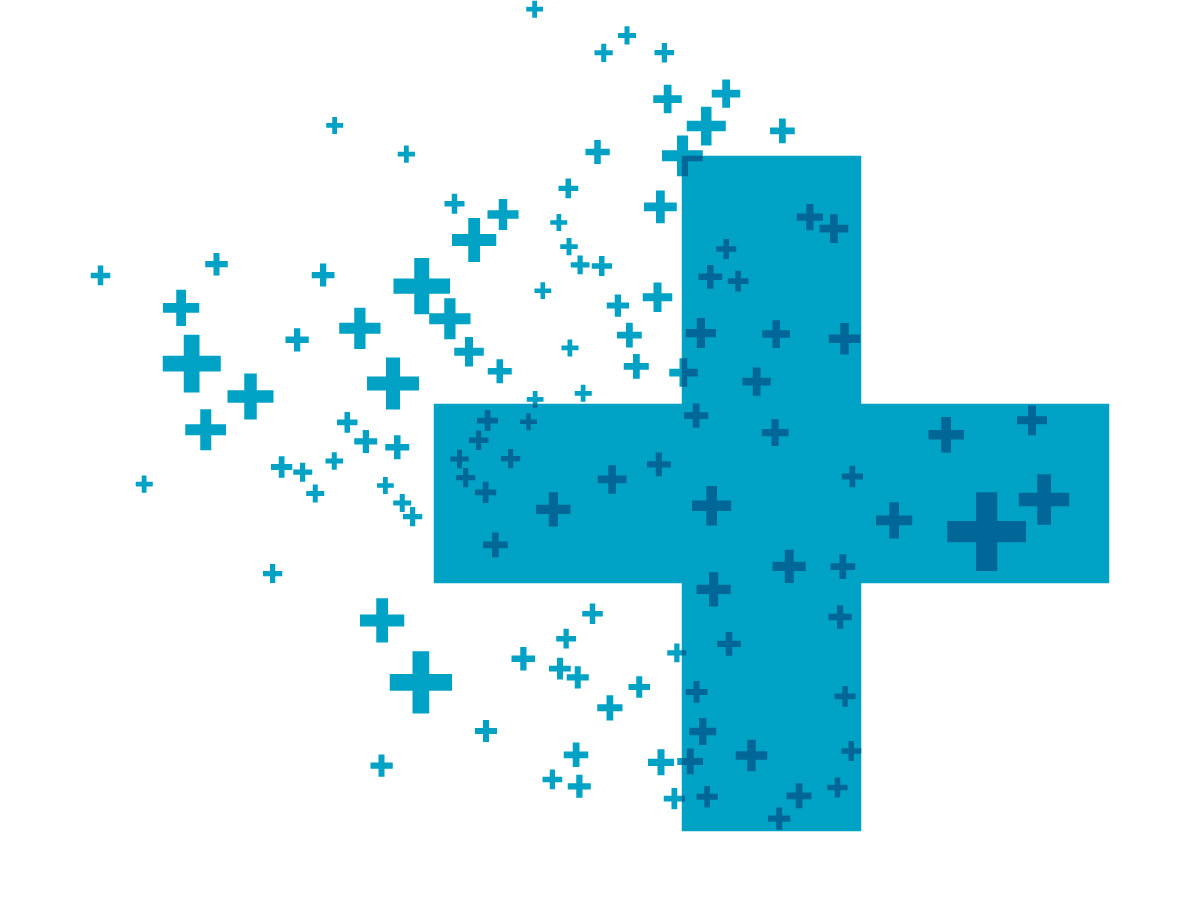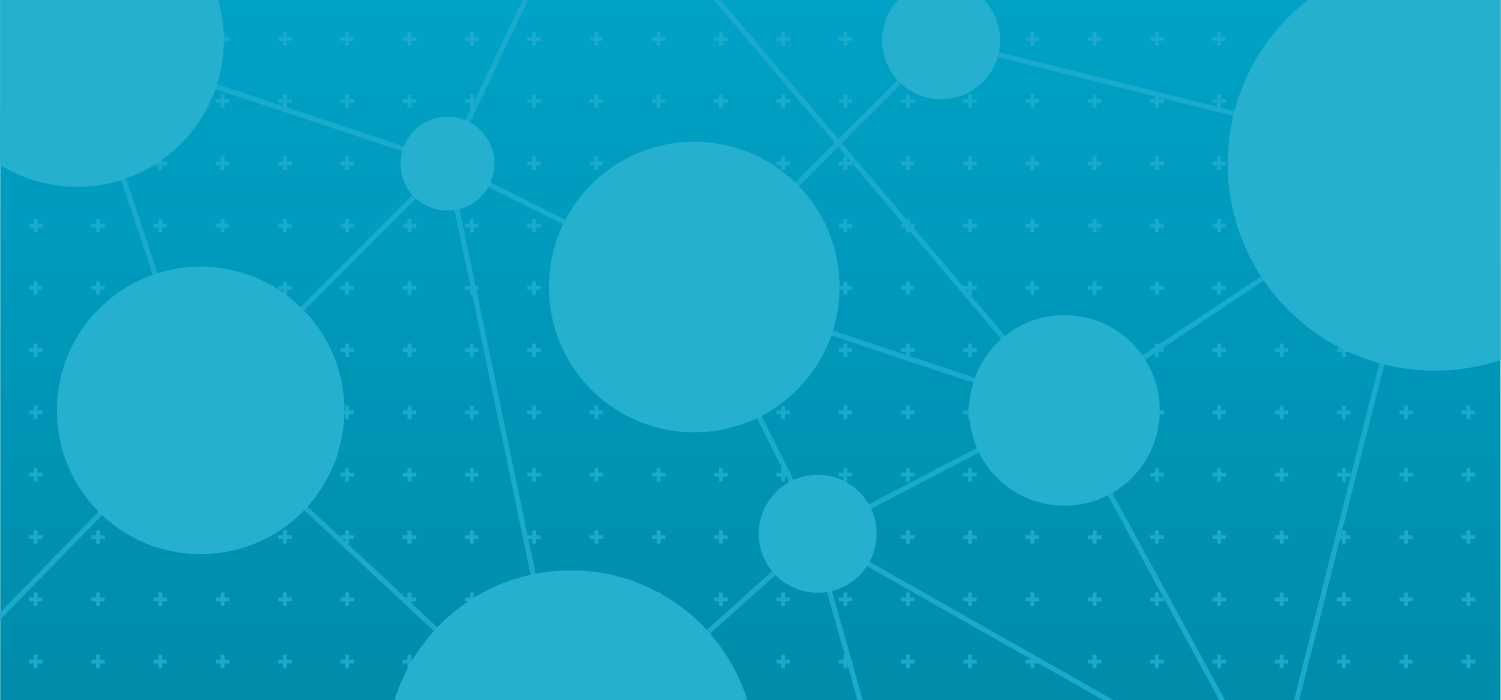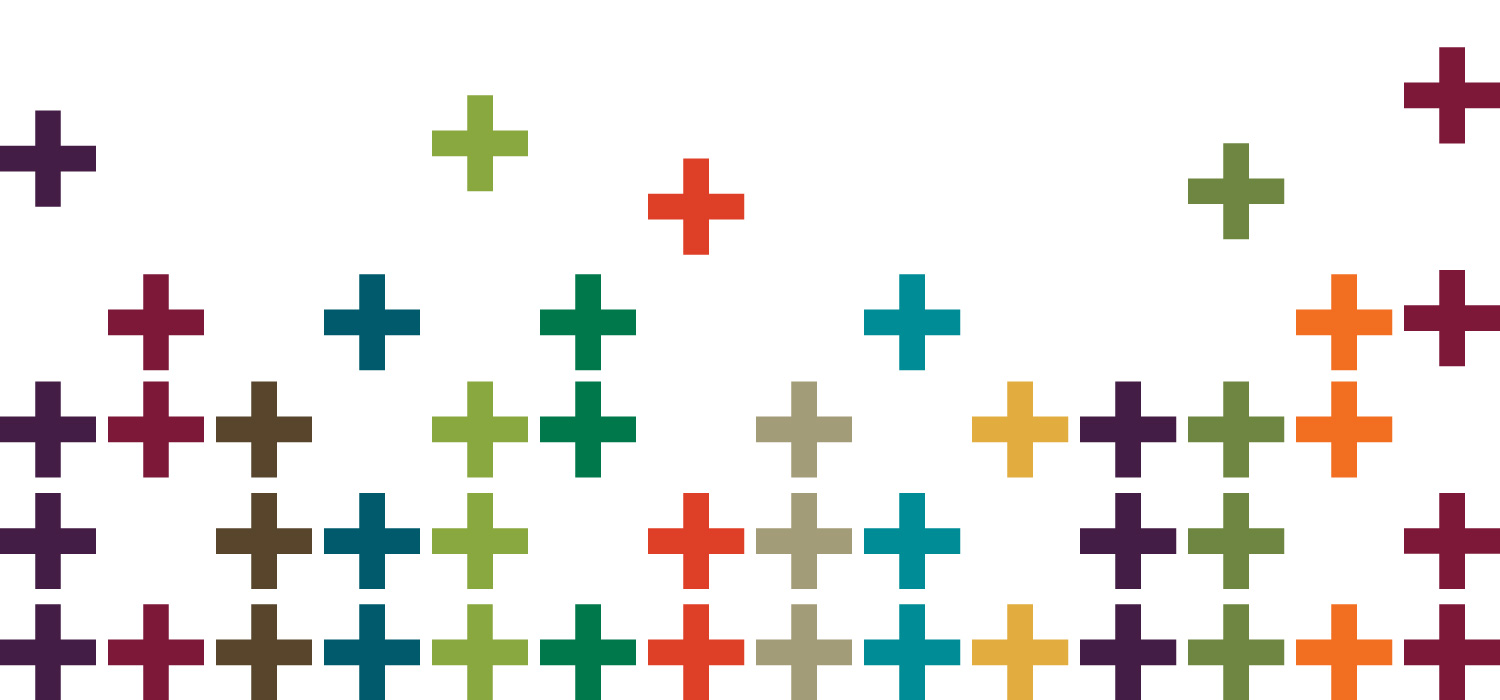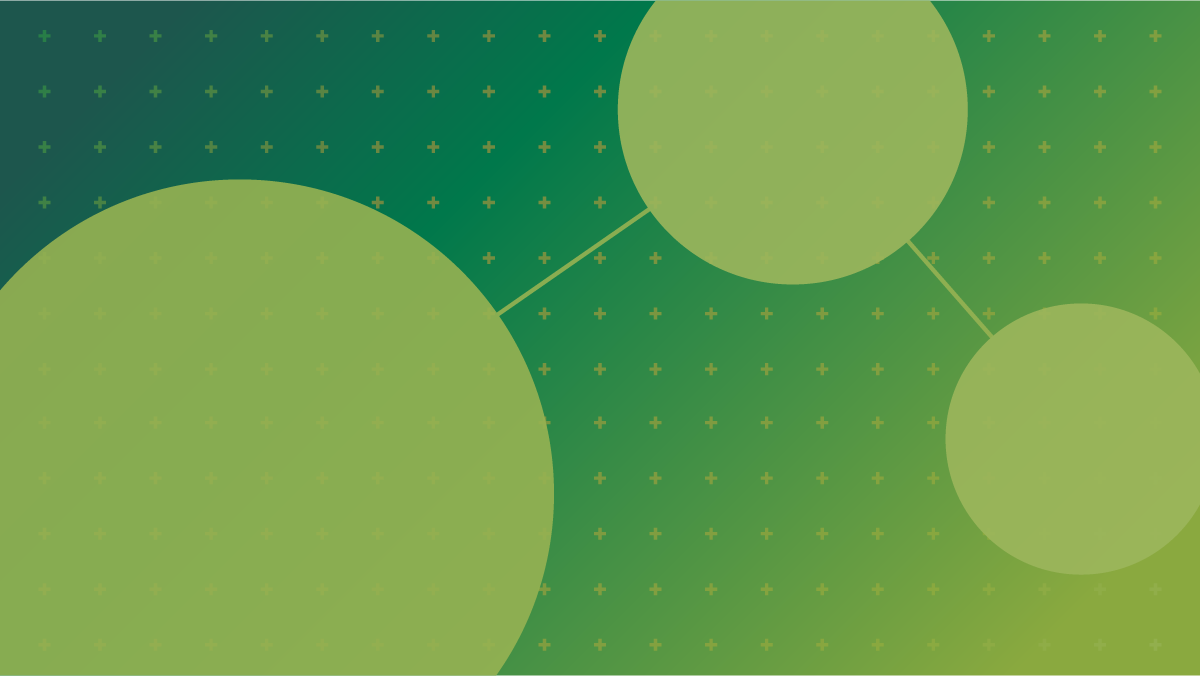I’ve been thinking a lot about the future of consulting lately. This is a bit of an occupational hazard… I’ve been a consultant for almost 20 years, based in San Francisco, and I’ve run my own practice for eight years and counting. A long time ago I remember telling a colleague: “The consulting space is…
Beyond average thinking
Data science is changing global and local business. But before we look at data sets, we can all cultivate better data sense.
What is marketing?
Marketing = communication. Half of communication is listening.
What is brand?
Brand is a top priority for many businesses, but it often lacks a clear definition, owner, or action plan.
It’s (not) complicated
We all understand simple mechanical systems like pulleys. Complex systems, like rain forests, however, work differently.
Unstorytelling
Our default way of experiencing the world is through stories, but resilient individuals and organizations also practice unstorytelling.
There is suffering
Accepting our own suffering, opening to it, befriending it, and learning from it, is the only way to find lasting peace and equanimity.
Navigating through chaos
We all get overwhelmed sometimes. Like any complex system, we enter a chaos state.
Climb the ladder
Moving from ignorance to mastery happens in four predictable steps.


